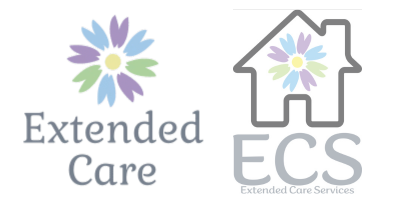Disabilities are often seen as a barrier to living a fulfilling life. Still, with the proper support and guidance, individuals with disabilities can learn and develop essential life skills that will help them lead an independent and successful life.
Basic life skills are essential to this process and can be taught to individuals with disabilities to help them become more self-sufficient and confident in their abilities. This guide aims to provide practical tips and advice for adults with disabilities on how to learn and improve their basic life skills.
Self-Care Skills
Self-care skills are essential for maintaining personal hygiene, health, and well-being. These include bathing, dressing, grooming, and taking medications.
For individuals with disabilities, these tasks may require extra assistance from a home host provider or adaptive equipment. It is crucial to find ways to adapt these tasks to suit the individual’s needs and abilities.
For example, using a shower chair or a long-handled sponge can make bathing easier for someone with limited mobility. Setting routines and using visual aids can also help individuals remember to take medication or complete their self-care tasks.
Cooking and Nutrition
Cooking and nutrition skills are essential for maintaining a healthy diet and avoiding health complications. It is crucial to learn basic cooking techniques and how to prepare healthy meals.
For individuals with disabilities, this may include learning how to use adaptive equipment such as a one-handed cutting board or a stove with large knobs. Learning to read and understand food labels can also help individuals make informed choices about the food they consume.
Communication Skills
Effective communication skills are essential for building relationships, expressing needs and wants, and advocating for oneself. For individuals with disabilities, communication can be challenging due to physical, cognitive, or sensory impairments.
It is essential to find ways to communicate that are comfortable and effective for the individual, whether through sign language, assistive technology, or other forms of communication. It is also important to practice active listening and to be aware of non-verbal cues to understand others better.
Money Management
Money management skills are essential for managing finances, paying bills, and making informed financial decisions. People with disabilities may need to learn how to manage their finances, including budgeting, expense tracking, and bank account management. To accommodate their unique needs and abilities, it’s essential to modify these tasks by incorporating visual aids or assistive technology.
Transportation Skills
Having the ability to travel on your own and access community resources is crucial, and this requires transportation skills. But for people with disabilities, it can be difficult due to physical, cognitive, or sensory limitations. It is vital to find ways to modify transportation to fit the person’s specific needs, like utilizing accessible transportation services or acquiring knowledge on how to use public transport with the help of equipment or assistance.
Social Skills
Social skills are essential for building relationships, making friends, and participating in social activities. However, people with disabilities may find it challenging to engage in social situations because of communication or sensory issues, social anxiety, or physical limitations. Therefore, it’s crucial to discover ways to engage in social activities that are pleasant and comfortable for them, such as joining a social club or pursuing a hobby they enjoy.
Conclusion
Learning and developing essential life skills can help individuals with disabilities become more independent, self-sufficient, and confident in themselves. It is crucial to find ways to adapt tasks and activities to suit the individual’s needs and skills and to seek support and guidance when needed. With the proper support and guidance from a home host provider, individuals with disabilities can lead fulfilling and successful lives.
Get in touch with a home host provider in Colorado who can help you develop basic life skills through Extended Care. We offer various services to support individuals with disabilities, including life skills training and community integration. Contact us today to learn more about our services and how we can help you or your loved one.

